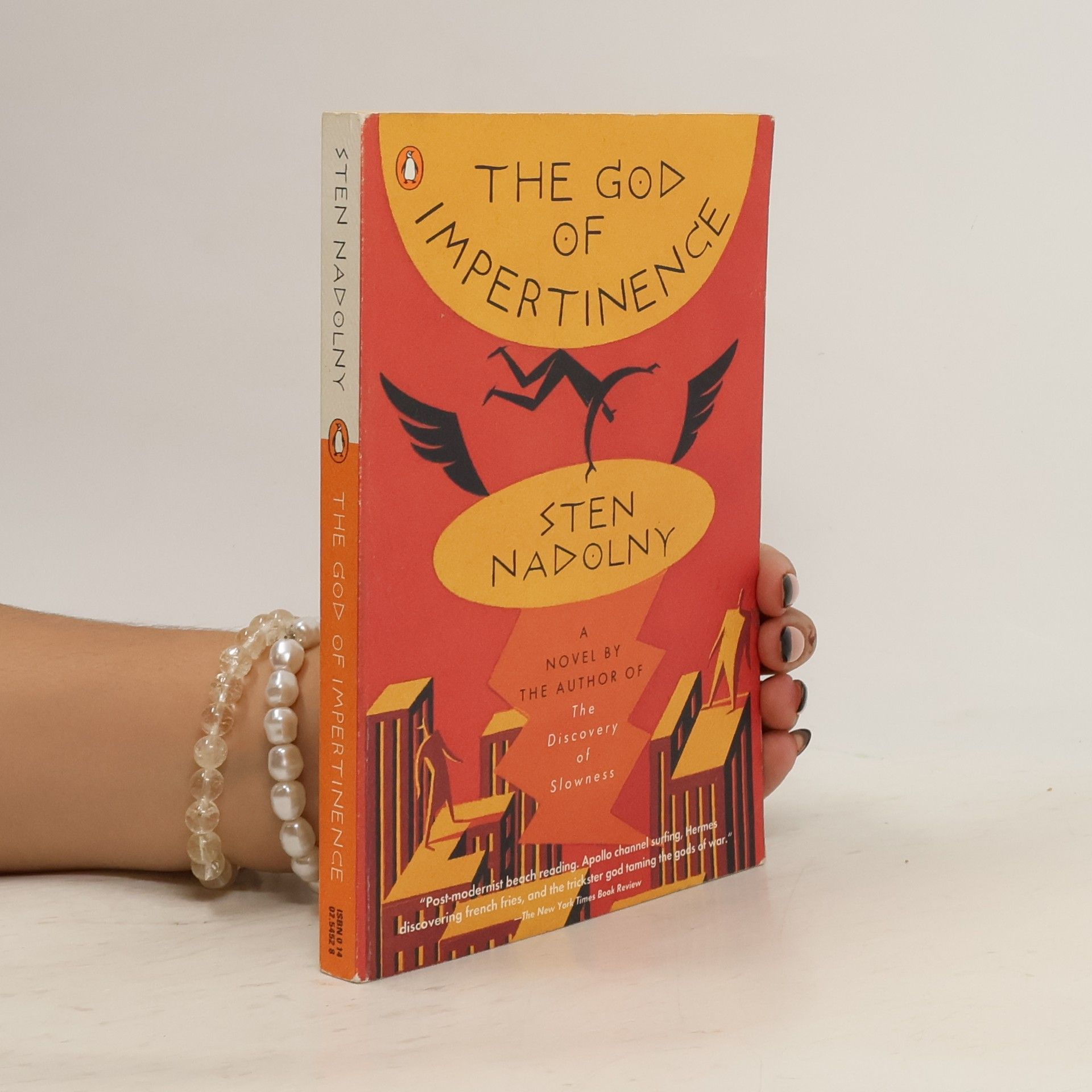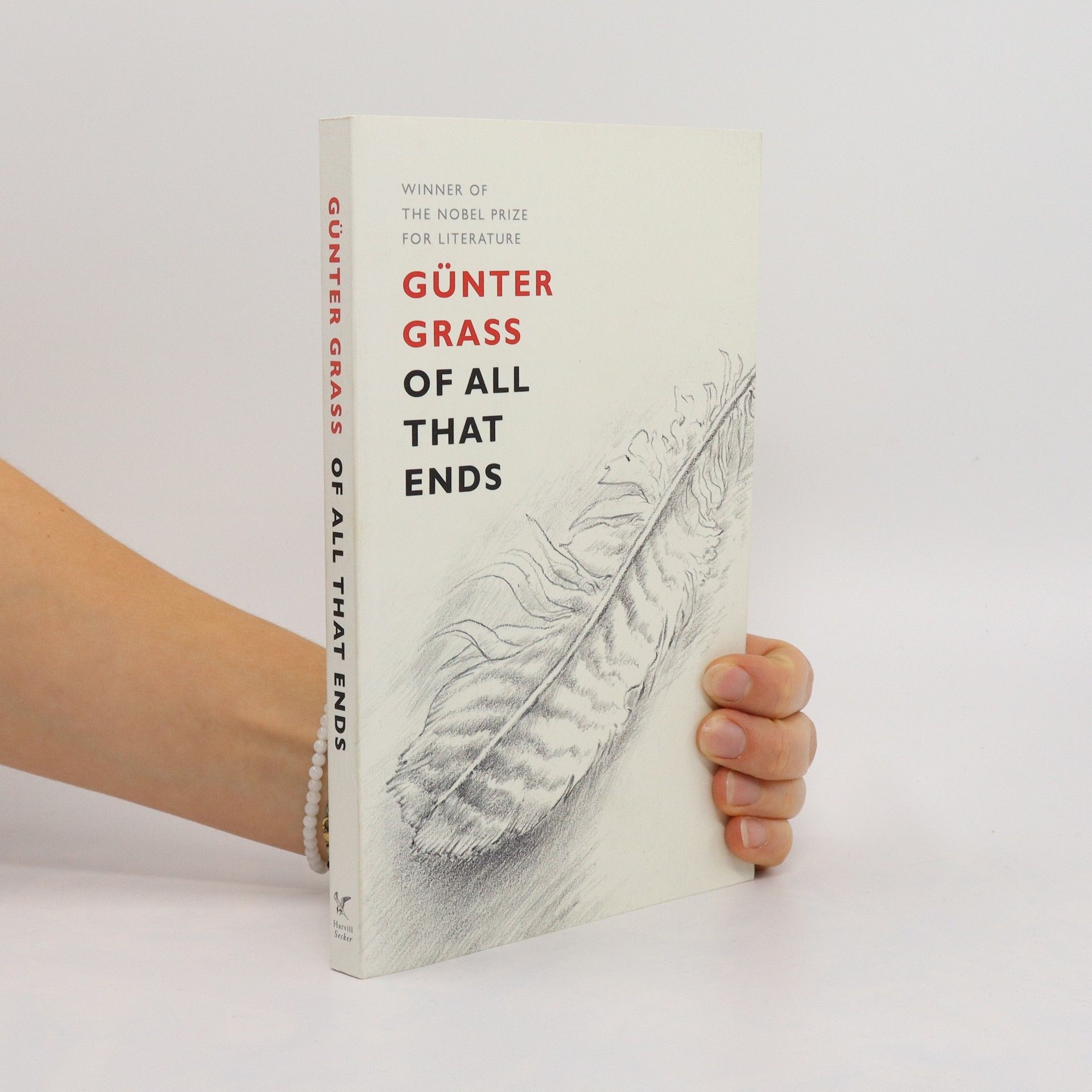The Tin Drum - A New Translation by Breon Mitchell
- 592pages
- 21 heures de lecture
Beginning with the unforgettable words 'Granted: I'm an inmate in a mental institution',The Tin Drum, the narrative of thirty-year-old Oskar Matzerath, is widely acclaimed as one of the greatest novels of the twentieth century. On his third birthday Oskar resolves to stunt his own growth at three feet, and on the same day he receives his first tin drum. Wielding his drum and piercing scream as anarchic weapons, he draws forth memories from the past as well as judgements about the horrors, injustices, and eccentricities he observes through the long nightmare of the Nazi era. Oskar participates in the German post-war economic miracle - working variously in the black market, as an artist's model, in a troupe of travelling musicians - yet he remains haunted by the deaths of his parents, afflicted by his responsibility for past sins. To mark the fiftieth anniversary of publication, Harvill Secker, along with Grass's publishers all over the world, is bringing out a new translation of this classic novel. The acclaimed translator and scholar, Breon Mitchell, has drawn from many sources: from a wealth of detailed scholarship; from a wide range of newly available reference works; and from discussion with the author himself. After fifty years, The Tin Drum has, if anything, gained in power and relevance.



